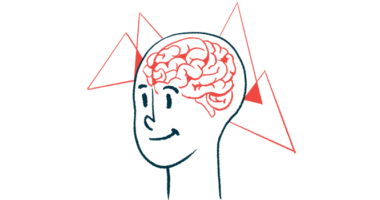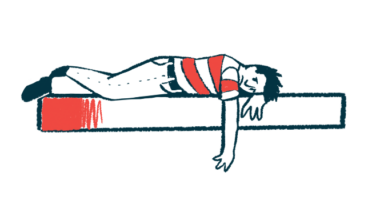Neurotherapeutic Program Aims to Improve Motor, Cognitive Functions
MindMaze, Mount Sinai Health System partner for digital program

MindMaze is partnering with Mount Sinai Health System in New York to accelerate the access of people with neurological diseases to a pioneer digital neurotherapeutic program to improve patients’ motor and cognitive functions.
The program aims to provide high-dose and high-intensity training to improve the brain’s ability to learn, adapt, and recover. The goal is to develop a universal platform with solutions to challenging neurological diseases, such as strokes, Parkinson’s disease, and Alzheimer’s disease, that can be applied in the clinic or at home.
This newly established partnership will “develop evidence-driven implementation models to scale our technologies in a seamless and cost-effective way,” said John Krakauer, MD, chief medical director for MindMaze, in a press release.
Neurologic diseases affect nearly 100 million Americans. The resulting morbidity and disability pose a high burden to the healthcare system and account for nearly 50% of the total health burden in the U.S.
Usually, motor, cognitive and behavioral interventions provide benefits to people with these diseases. However, considering the growing need to treat these patients, technology could be an effective way to scale up to solutions to improve patients’ outcomes and support them in their chronic conditions.
Mount Sinai Health System includes hospitals, labs, a school of nursing, and a medical school that offers comprehensive healthcare solutions and provides innovative approaches such as artificial intelligence and informatics.
Through this partnership, Mount Sinai will set up an outpatient neurorestorative program, followed by an in-home digital program, to assess and monitor acute and long-term recovery after a stroke or concussion. This will utilize MindMaze’s software solutions and proprietary hardware, custom built for different neurological conditions, including Parkinson’s.
The data obtained from the program will educate the Mount Sinai medical registry, supporting the clinical effectiveness, scalability, and viability of this initiative.
“The collaboration will enable access to technology for patients to train intensively in the vital window of brain plasticity while extending training opportunities post-stroke,” said Krakauer.
Motor function
In people with Parkinson’s disease, motor function is affected and movements become smaller and slower than normal, causing issues with daily activities, such as dressing. MindMaze has developed TOAP Run, a video game to deliver FAST and BIG movement rehabilitation, encouraging patients to produce bigger movements with positive effects on motor ability and quality of life.
In a preliminary trial, the game reduced the incidence of falls in the majority of Parkinson’s patients; a larger trial is underway.
MindMaze also developed an FDA-approved tool, Brain Vitals, to measure daily changes in cognitive function resulting from neurological disorders, brain injuries, and aging. It consists of clinically validated short tests to assess cognitive functions, like attention and executive function.
“MindMaze and Mount Sinai are passionate about providing stroke survivors with ever improving access to care and re-defining the possibilities with neuro-recovery. This program is a manifestation of our joint ambition to redefine what is possible in neuro-recovery in a way that is not only accessible, affordable, and engaging for patients, but also seamlessly fits into physician workflows,” David Putrino, PhD, director of rehabilitation innovation for Mount Sinai Health System.







